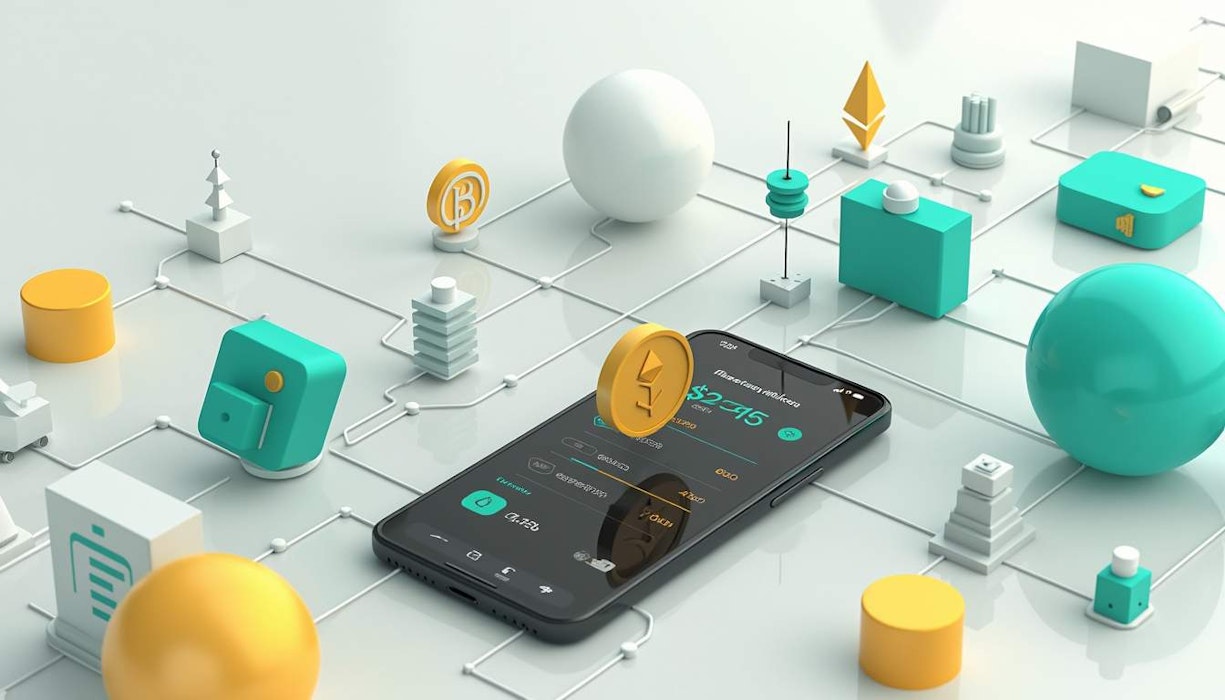What is the FLock.io platform and what does the mainnet launch imply?
Q: What are the main features of the FLock.io platform and what does its mainnet launch mean?
A: FLock.io is an innovative decentralized AI training ecosystem that puts a strong emphasis on privacy and security. With its mainnet launch now live on Base, the platform is poised to operate without hindrance, officially unveiling its native token, FLOCK. This launch is a pivotal moment, coinciding with the Token Generation Event (TGE), which will incentivize and reward community participation.
How does FLock.io secure privacy and safety during AI training?
Q: What measures does FLock.io take to ensure the privacy and safety of its AI training methods?
A: The platform utilizes federated learning, which allows AI models to be trained across a decentralized network of nodes without sharing raw data. This method inherently protects individual data privacy. In addition, blockchain technology is employed to provide transparency, ensuring that all transactions and model updates are securely recorded and immutable.
What functions does the FLOCK token serve within the ecosystem?
Q: What is the purpose of the FLOCK token within the FLock.io ecosystem?
A: The FLOCK token functions as the utility token of the FLock.io ecosystem. It incentivizes and rewards participants, including data providers, training nodes, and computing partners. By engaging in decentralized AI training, users can earn FLOCK tokens, which facilitate collaboration and maintain active community involvement.
How does FLock.io's decentralized model differ from centralized AI platforms regarding privacy and security?
Q: In what ways does FLock.io's decentralized model offer advantages over centralized AI platforms in terms of privacy and security?
A: Decentralized AI platforms like FLock.io present clear advantages compared to centralized counterparts. In decentralized systems, data processing takes place locally or in a distributed manner, significantly reducing the necessity to share sensitive data with a single authority. Technologies like Confidential Computing and Trusted Execution Environments (TEEs) enhance privacy by isolating the handling of sensitive information. Conversely, centralized platforms typically store vast amounts of personal data in centralized databases, heightening the risks of data leaks and exploitation.
What are the risks and rewards of relying on token incentives in FLock.io's ecosystem?
Q: What are the possible drawbacks and benefits of depending on token incentives to maintain FLock.io's ecosystem?
A: Token incentives can offer significant advantages, such as promoting user participation and engagement. However, they also come with associated risks. Token price fluctuations can diminish their effectiveness as incentives, while regulatory hurdles may complicate compliance. Moreover, there is a potential risk of non-users acquiring control and undermining the platform's core goals. Despite these concerns, well-designed tokenomics can create alignment between individual incentives and collective objectives, ensuring a balanced and growing ecosystem.
What does FLock.io's launch signify for the broader landscape of crypto and AI?
Q: What role does FLock.io play in the wider crypto and AI landscape?
A: FLock.io signals a shift towards privacy-preserving AI development driven by community involvement. By decreasing reliance on centralized systems, it empowers a worldwide network to collaboratively develop AI models in a secure manner. The platform's success in attracting notable investment and partnerships, along with recognition by the Ethereum Foundation, highlights its contributions to both the AI and blockchain sectors. FLock.io's unique approach sets a precedent for future advancements in decentralized AI and blockchain technologies.
What insights can be gleaned from Googled Information?
Q: How does the integration of AI and blockchain technology affect the uptake of decentralized platforms in hyperinflationary economies?
A: Integrating AI and blockchain technology enhances essential aspects like security, transparency, and efficiency, which are crucial in hyperinflationary economies. Blockchain offers a secure and transparent infrastructure, while AI improves processes and decision-making. Decentralized stablecoins supported by AI provide a stable payment method, alleviating hyperinflation's impacts. This integration promotes financial inclusion and trust in decentralized platforms, making them more adaptable to hyperinflationary challenges.
Q: Is blockchain technology capable of meeting the needs of small business owners in Latin America looking for affordable cross-border payments?
A: Yes, blockchain technology can considerably lower the costs and complexities associated with cross-border payments. Platforms like Blockchain World Wire and Balam utilize blockchain to provide direct currency pairings, eliminating intermediaries and speeding up transactions. These solutions enhance financial inclusion and provide efficient and cost-effective payment options for small business owners in Latin America.
Q: What are the potential challenges of relying on token incentives to sustain decentralized platform ecosystems?
A: Token incentives can introduce operational challenges, regulatory uncertainties, and price volatility. Token prices are often unstable, which can hinder their effectiveness as incentives. Regulatory compliance may present difficulties, and misaligned incentives can lead to governance issues. However, well-structured tokenomics can foster sustainable growth aligned with collective goals.
